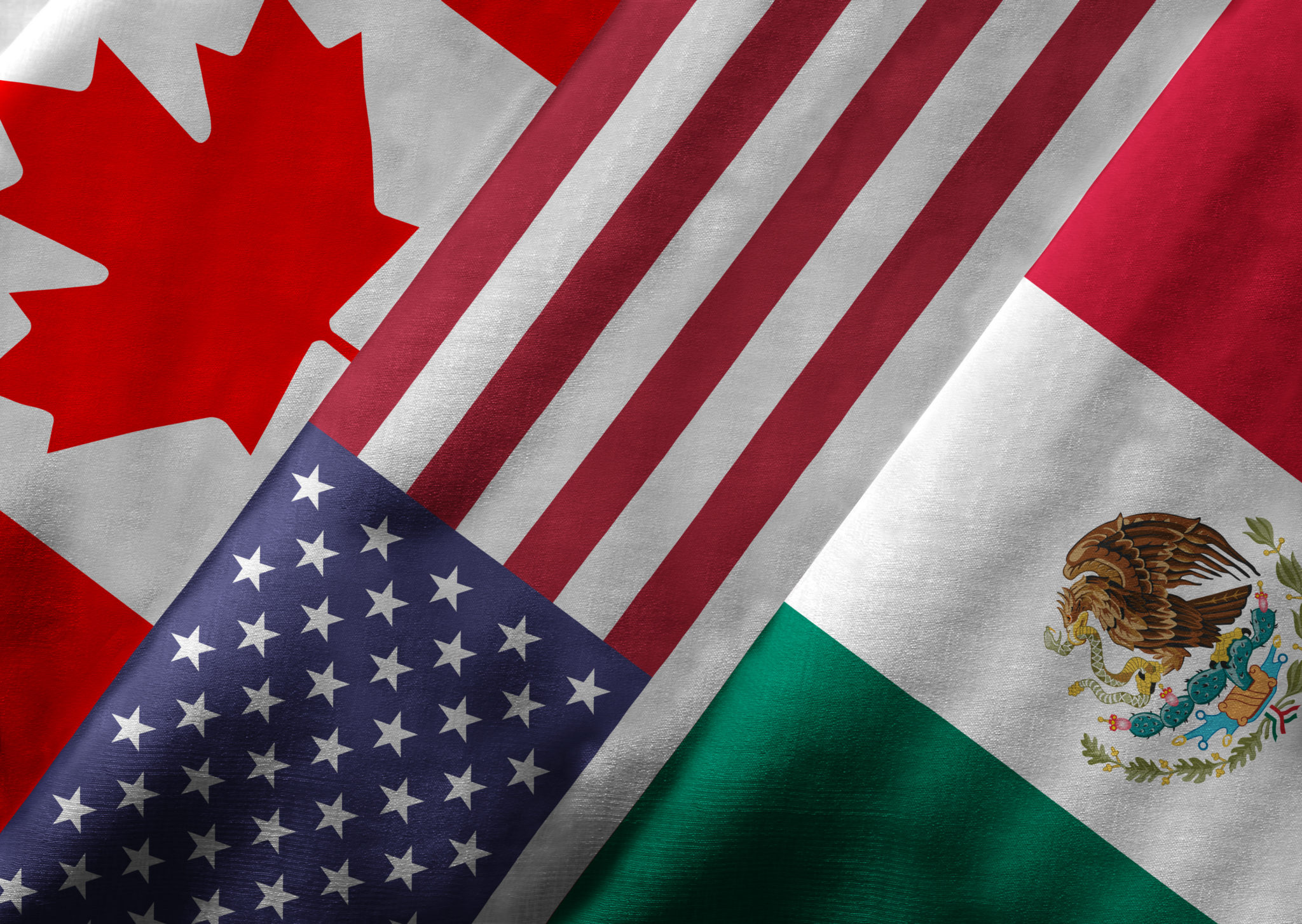Proposed NAFTA Replacement Recognizes Need For Privacy Framework

Recently the United States, Mexico, and Canada proposed a new trade pact to replace the North American Free Trade Agreement (NAFTA). According to the HuntonPrivacyBlog, the new pact recognizes “the economic and social benefits of protecting the personal information of users of digital trade” and will require the three nations to “adopt or maintain a legal framework that provides for the protection of the personal information of the users[.]”
This framework, according to the Hunton blog, should include such principles as limitations on collection, choice, data quality, purpose specification, use limitation, security safeguards, transparency, individual participation, and accountability. The agreement cites the principles and guidelines of such international bodies as the Asia Pacific Economic Cooperation (APEC) and the Organisation for Economic Co-operation and Development
More specifically, Article 19.8(6) formally recognizes the APEC Cross-Border Privacy Rules: “[the member countries should] recognize that the APEC Cross-Border Privacy Rules system is a valid mechanism to facilitate cross-border information transfers while protecting personal information.”
The new pact, known as the United States, Mexico, Canada Agreement, must pass the U.S. Congress, the Canadian Parliament, and the Mexican Senate.
About the Author
Latest articles
 Information Governance2018.12.07Information Governance Body of Knowledge Published
Information Governance2018.12.07Information Governance Body of Knowledge Published Chapter Resources2018.12.07Association News: Fellows, Britt Literary, Other Winners Named at ARMA Live! 2018
Chapter Resources2018.12.07Association News: Fellows, Britt Literary, Other Winners Named at ARMA Live! 2018 Asia2018.12.07U.S. Seeks a New Start to Talks on Global Cybersecurity Practices
Asia2018.12.07U.S. Seeks a New Start to Talks on Global Cybersecurity Practices Legal2018.12.07Proposed NAFTA Replacement Recognizes Need For Privacy Framework
Legal2018.12.07Proposed NAFTA Replacement Recognizes Need For Privacy Framework